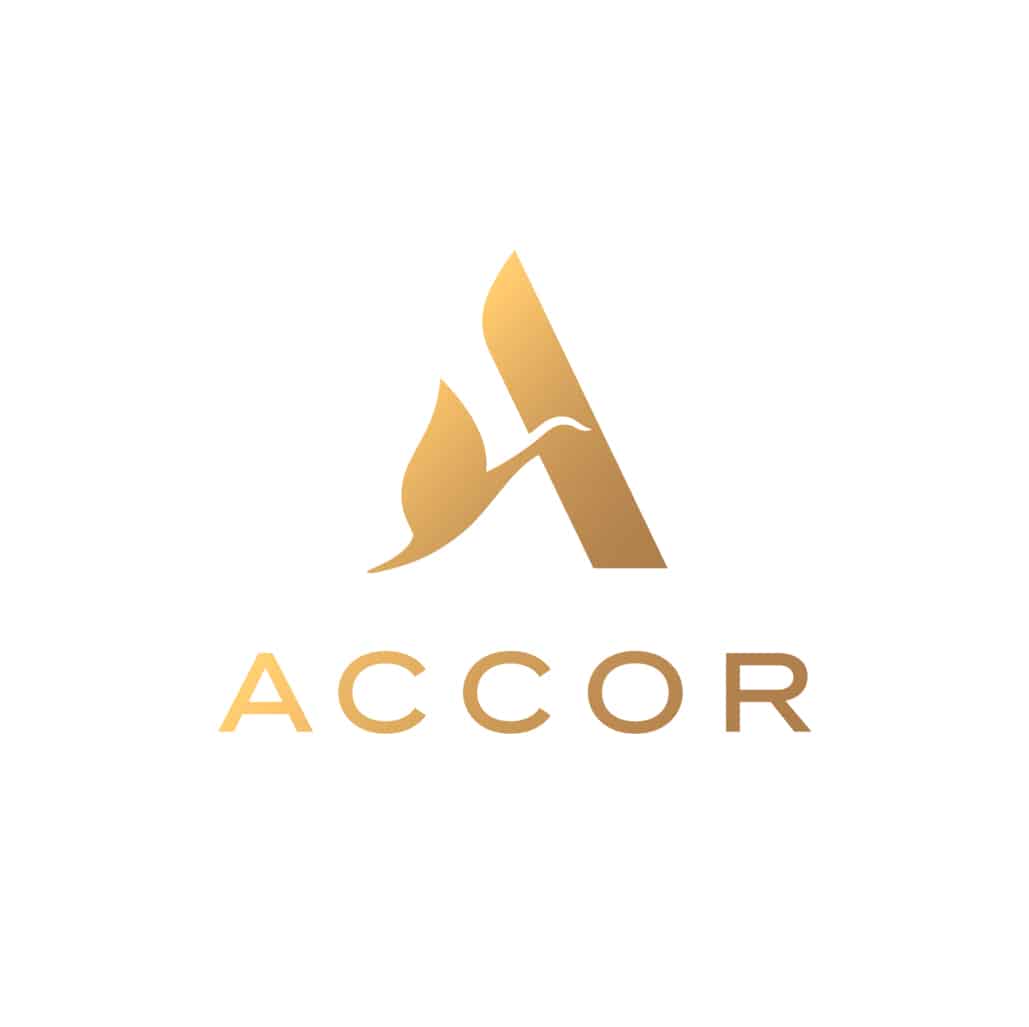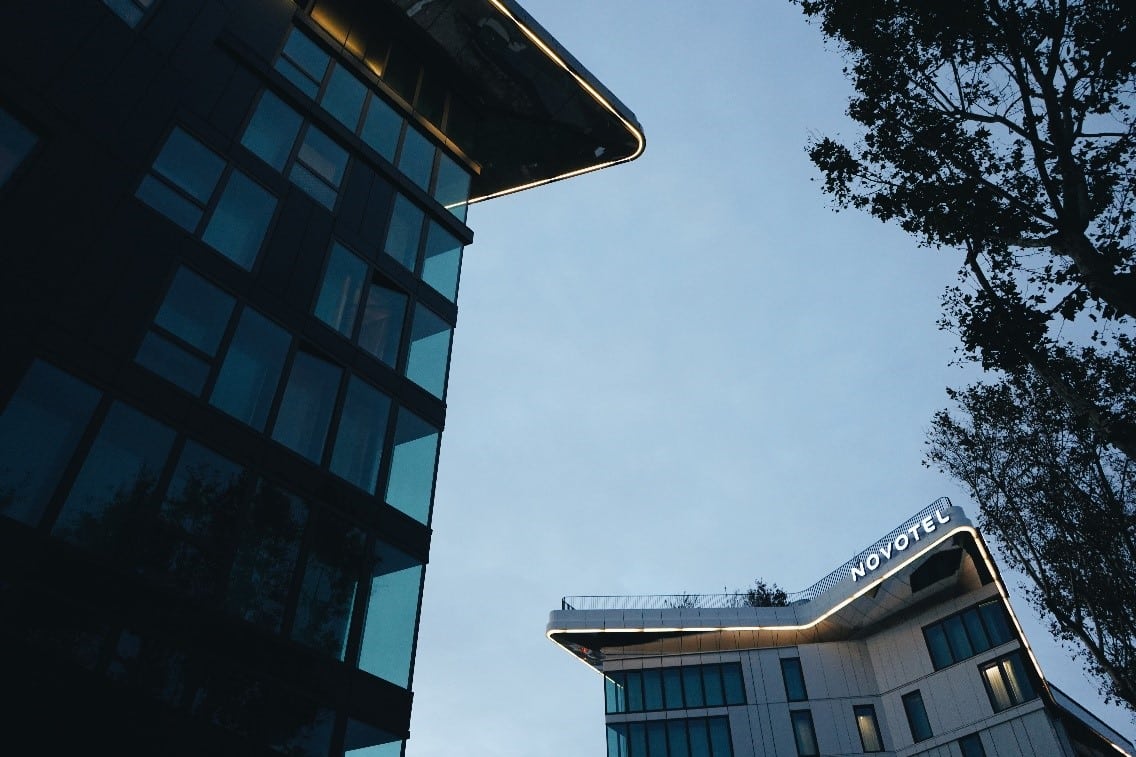Reduce food waste by 30% by the end of 2021 (based on the first hotel weighings from 2016)

Terms of the action or commitment
To be able to monitor the achievement of this commitment, the AccorHotels group has defined an indicator that is applicable and comparable in all hotels: the cost of food waste in relation to restaurant activity.
More specifically, during weighing campaigns – lasting a minimum of 15 days – each food product is weighed and valued (according to the cost of purchase). The amount of waste recovered is then related to the restaurant’s turnover, in order to calculate the variation in activity.
The 30% reduction in food waste by 2020 relates to this ratio.
AccorHotels has defined a four-step strategy to achieve its goal:
– Measure food waste;
– Reduce food waste in the kitchen;
– Resell uneaten food at lower prices;
– Donate uneaten and unsold food.
Examples of actions to reduce and reuse food products: with Too Good To Go, AccorHotels has saved 28,000 meals since August 2016
More specifically, during weighing campaigns – lasting a minimum of 15 days – each food product is weighed and valued (according to the cost of purchase). The amount of waste recovered is then related to the restaurant’s turnover, in order to calculate the variation in activity.
The 30% reduction in food waste by 2020 relates to this ratio.
AccorHotels has defined a four-step strategy to achieve its goal:
– Measure food waste;
– Reduce food waste in the kitchen;
– Resell uneaten food at lower prices;
– Donate uneaten and unsold food.
Examples of actions to reduce and reuse food products: with Too Good To Go, AccorHotels has saved 28,000 meals since August 2016
Levers mobilized for circular economy (according to Ademe)
Implementation timeline
Starting year
2016
Ending year
2022
Main actors mobilized
Internal actors
Hotel restaurant
External actors
/
Geographic area
Hotel Subsidiary, managed and franchised
Photo / Video
2022 follow-up of the action
Date of follow-up
End December 2021 (2022 data not available for the moment)
Methods of validation of the follow-up
To monitor the commitment to reduce food waste by 30%, an indicator that is applicable and comparable in all hotels has been defined: the cost of food waste in relation to restaurant activity. More precisely, during weighing campaigns – lasting a few days – each discarded food product is weighed and valued (according to the average purchase cost). The sum of the recovered waste is related to the restaurant's turnover, to take into account the variation in activity. The objective of reducing food waste by 30% by 2021 was based on this ratio.
Status of the action
In progress
Completed
a) Results
Achieved
Partially achieved
Not achieved
b) Numerical / Qualitative information
Cancelled
Explanations
Comparison with the projected pace in the last publications
Keeping up with the times
In advance
Delayed
Partial / Final results
By the end of 2021, 1,607 Accor hotels had implemented the “Deploy a program to fight food waste,” representing 43% of Accor hotels. By the end of 2021, 493 of these hotels had reduced their food waste by an average of 21% (since their first weighing). And 30% of these hotels had reached the -30% target. 55 hotels with a connected scale had reduced food waste by 63% by the end of 2021.
Company's comments
To measure and reduce their food waste, hotels have several tools at their disposal:
– a food waste reduction module “Food Waste Management”, developed internally by Accor. This tool tracks the weight of discarded products and measures their cost;
– External waste reduction solutions are offered to hotels, for automatic recognition of food waste with connected scales and sometimes with the help of artificial intelligence. All uneaten products are recorded and weighed by category (expired stock, cooking errors, peelings, buffet leftovers, plate returns), and then more precisely by ingredient or recipe (bread, dairy products, fish, meat, etc.). To date, 55 hotels are using these solutions from Winnow.
The crisis context characterized by the closure of many restaurants in 2020 and 2021 has greatly reduced the possibility of mobilizing teams on this very operational action to be applied in the kitchen. The fight against food waste will remain a priority for Accor in the context of regulatory compliance in France and its future sustainable development program. A strengthened action plan from a strategic and operational point of view will allow for a more impactful internal mobilization at the global level.
– a food waste reduction module “Food Waste Management”, developed internally by Accor. This tool tracks the weight of discarded products and measures their cost;
– External waste reduction solutions are offered to hotels, for automatic recognition of food waste with connected scales and sometimes with the help of artificial intelligence. All uneaten products are recorded and weighed by category (expired stock, cooking errors, peelings, buffet leftovers, plate returns), and then more precisely by ingredient or recipe (bread, dairy products, fish, meat, etc.). To date, 55 hotels are using these solutions from Winnow.
The crisis context characterized by the closure of many restaurants in 2020 and 2021 has greatly reduced the possibility of mobilizing teams on this very operational action to be applied in the kitchen. The fight against food waste will remain a priority for Accor in the context of regulatory compliance in France and its future sustainable development program. A strengthened action plan from a strategic and operational point of view will allow for a more impactful internal mobilization at the global level.

